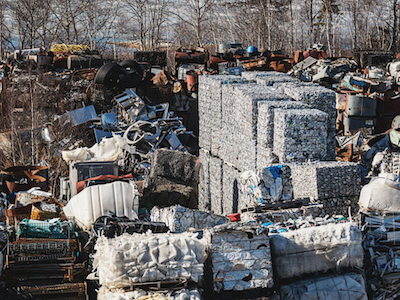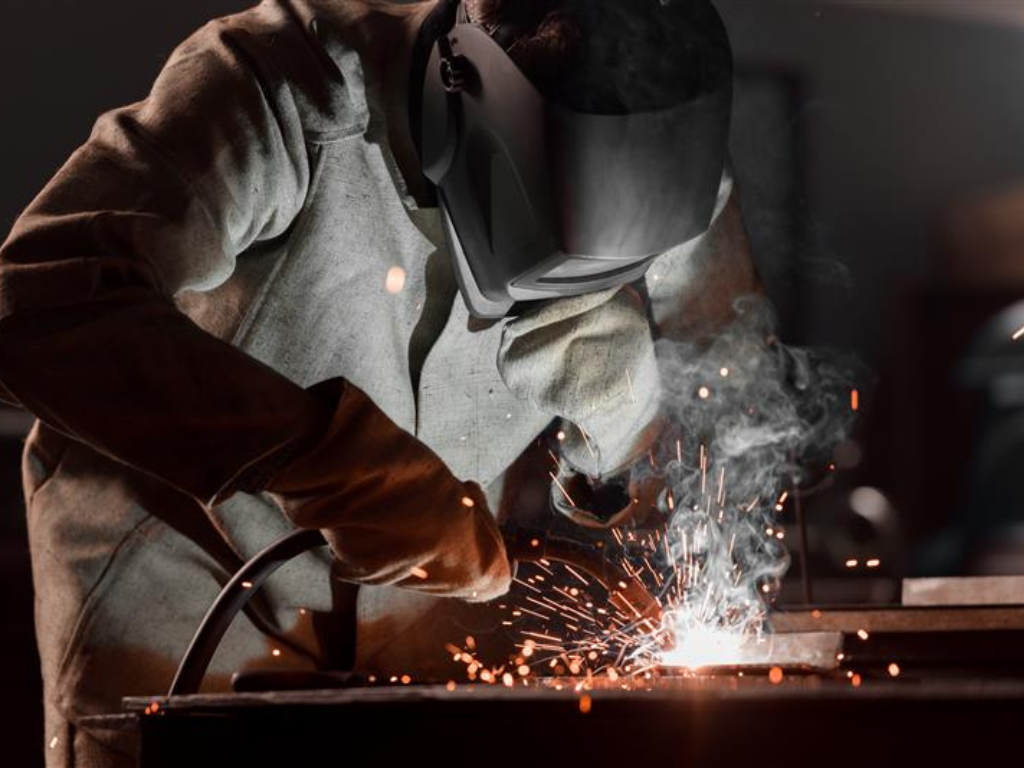Market

April 22, 2024
SMU: Final thoughts on ISRI's rebranding
Written by Michael Cowden
I was in Las Vegas last week for ISRI’s annual convention. I like Vegas. I’ve had some fun there over the years. (I was married there nearly 20 years ago. We’re still together.) And last week was no exception.
So let’s start with the big news from Sin City. When the recycled materials industry meets for the big event next year, it will be under the banner of “ReMA,” not “ISRI.”
ISRI rebrands as ReMA
As most of you know, ISRI stands for the “Institute of Scrap Recycling Industries.” ReMA is short for the “Recycled Materials Association.” It will take some time for me to get used to that.
Personally, I love the word “scrap.” For me, it conjures a virtuous adjective– “scrappy.” That word might be used to describe folks who are willing to work hard at jobs others are unwilling to do. Get dirty and make something. Namely, a good living for themselves and their families– from what others consider junk, worse than nothing.
If that’s not a good underdog story, I don’t know what is. I might be in the majority within the steel and scrap industries with that view. But with the public at large, not so much.
Most people, if they think of scrap at all, think of the blue bins used for recycling. Or they think of a now ubiquitous symbol: Three green arrows chasing each other.
The problem with ‘scrap’
Most folks like the blue bins. But for others, they’re confusing. And some think of the problems and even scandals that plague the “single-stream” recycling system common for households in much of the U.S.
If you know me, you know I’m a fan of sci-fi and gangster movies. (The best, in my opinion, combine the two.) As it relates to scrap, some of you might be familiar with “Peaky Blinders.” It’s a gangster series on Netflix, one widely popular in the UK. And one that’s got some attention again recently because it features Irish actor Cillian Murphy, who in March won an Oscar for his portrayal of physicist J. Robert Oppenheimer in, well, “Oppenheimer.”
In “Peaky Blinders,” Cillian Murphy plays Tommy Shelby, head of a crime family whose origins are in scrap. Personally, I thought the smoke and flames of the early 20th-century steel industry in England were an awesome backdrop for a gangster movie. But the optics are problematic when we move from fiction to the real world of a much cleaner 21st-century industry.
Another problem with “scrap” is that it focuses on something many people don’t have a great opinion of. “Institute” sounds like a small, boring academic institution. And “recycling”– while critical to the circular economy we all hope to build– refers to a process. In layman’s terms, “ISRI” focuses too much on how the sausage is made.
Colin Kelly, incoming chair of ReMA and vice president of public affairs at Radius Recycling, put it well during his closing remarks at the Vegas conference. “We’re not just recycling materials. We’re recycling the past to create the future,” Kelly said. “We’re shaping a world where every piece of scrap is not seen as waste, but as a resource.”
Transparency (and tours) as good policy
And, unlike the Shelby family in “Peaky Blinders,” recyclers should open their gates as often as possible to visitors.
“We must be proud of what we do in our facilities,” Kelly said. “I urge each and everyone one of us, every company, to welcome tours into our facilities. With elected officials, with regulators, every day and as often as they are willing to come.”
“I would invite more than just them– anybody– to see it first hand,” he added. “I truly believe this firsthand knowledge will have a positive impact on the emerging laws and regulations developing around us.”
I think Kelly is spot on there. It will be hard for me to stop saying “scrap.” Again, to me, it conjures up the idea of folks who came to the U.S. with nothing. And who made businesses that spanned generations from stuff that other folks literally wouldn’t touch. A dirty business in the best sense.
But it’s important to think about the bigger picture. “We play a critical role in the manufacturing infrastructure, and we need to own that,” Kelly said. “Let us embrace the challenges and opportunities that lie ahead.”
Cheers to that. I look forward to seeing some of you in San Diego for ReMA 2025. And, in the meantime, thanks to all of you for your continued support of SMU.
SMU Community Chat
Speaking of recycling, you won’t want to miss our next Community Chat on Wednesday, May 1, at 11 am ET with David Stickler, CEO of Hybar.
Hybar plans to startup a new rebar mill in Osceola, Ark., in May 2025. The company could build one or two more bar mills. And Stickler has said a future flat-rolled steel mill isn’t out of the picture.
During the Chat, we’ll talk rebar, recycling, and more. And we’ll take your questions too. You can register here.






